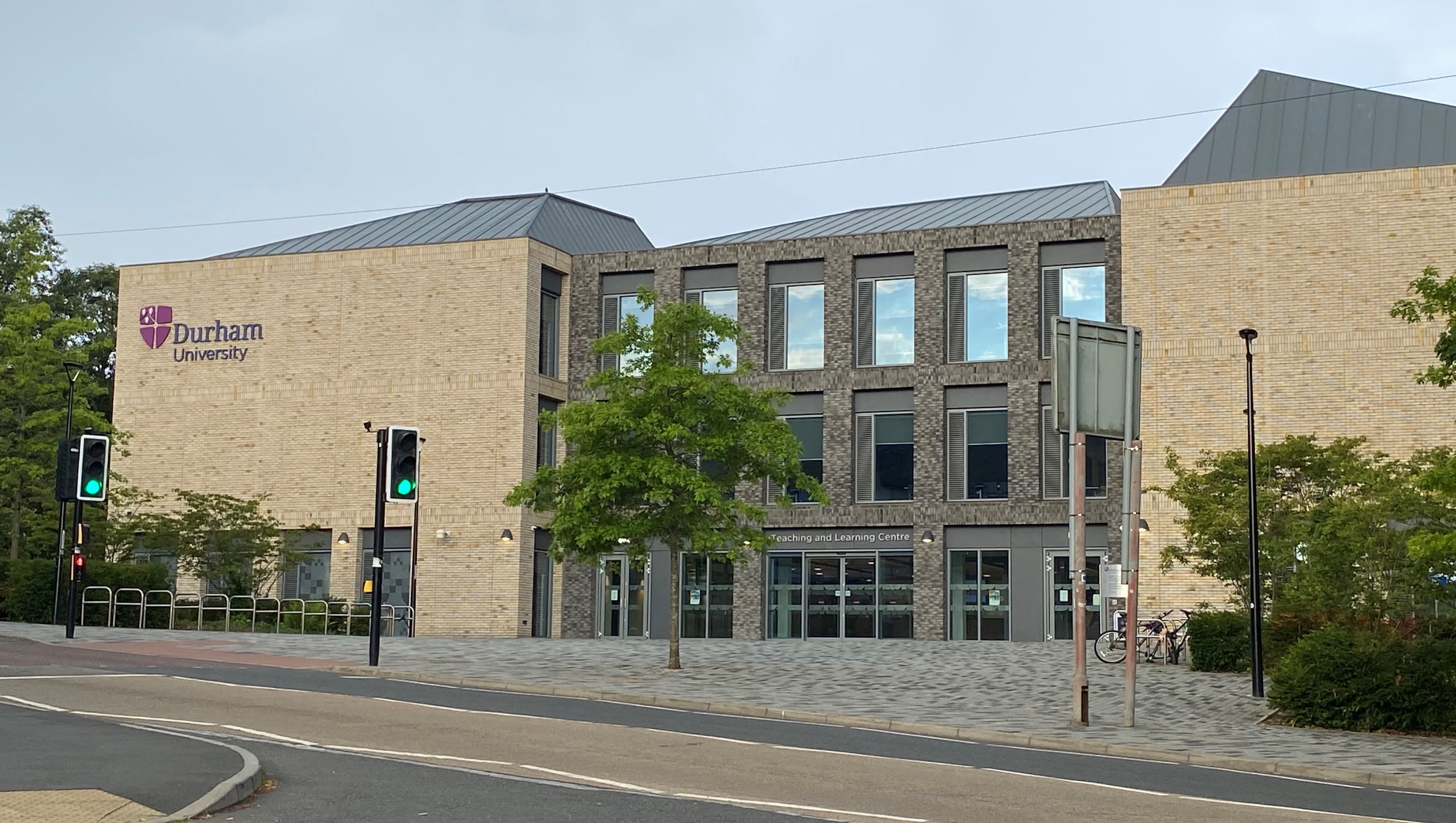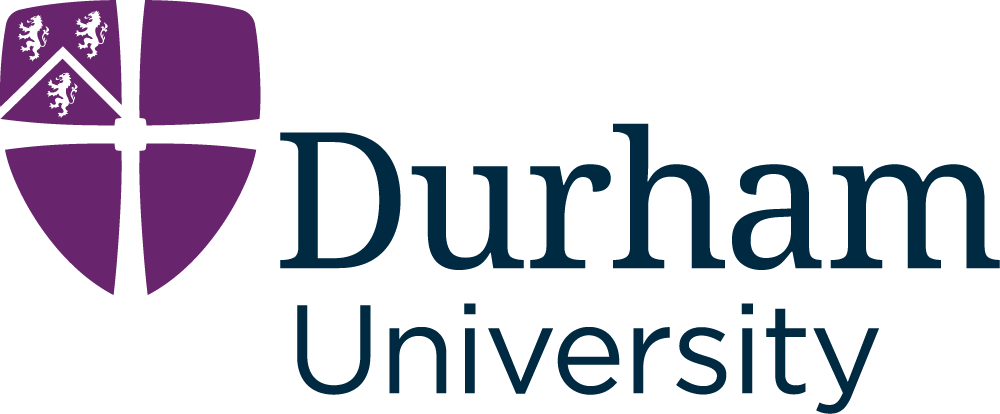24th Durham Blackboard
Users' Conference
#durbbu
Thursday & Friday 23rd & 24th April 2026
Optional pre-conference afternoon on
Wednesday, 22nd April 2026

We are pleased that we can now confirm the dates and venues. The 2026 conference will be held in the Teaching & Learning Centre in Durham. For a change, the evening conference dinner will be held in a venue we last used in 2001 - the Dining Room of Hatfield College (a converted Georgian Coaching Inn on the historic Bailey).
The optional pre-conference workshops will be on the afternoon of Wednesday the 22nd of April in the Teaching & Learning Centre from 2 to 5pm. The full two day conference will be on Thursday the 23rd and Friday the 24th of April, with the evening conference dinner on Thursday night.
Little things that make a big difference
Recent discussions about technology and education have been dominated by generative AI. Indeed we have contributed to this debate ourselves through past conference themes and presentations. This year we are not trying to deny the existence of LLMs and their ilk, but rather emphasising that learning and teaching is a human endeavour and focussing our attention on the role that individual students and teachers can play.
As such, the theme for this year's #durbbu is Little things that can make a big difference.
It is designed so you can interpret this in multiple ways. You could talk about the positive impact of small acts by staff or students, or a feature of a tool that really makes a difference to learning and teaching today. Or you could turn it on it's head and identify small changes that would make a process simpler or more effective. This is a user-led event, so feel free to call for change if it is needed!
One of the reasons behind the longevity of this conference is the range and strength of user presentations. As ever, the theme is only a prompt for ideas. If there is something else that you'd like to share with delegates that relates to learning and teaching with Blackboard and other tools (at the chalk-face or behind the scenes) then please submit a presentation or workshop proposal on that too!
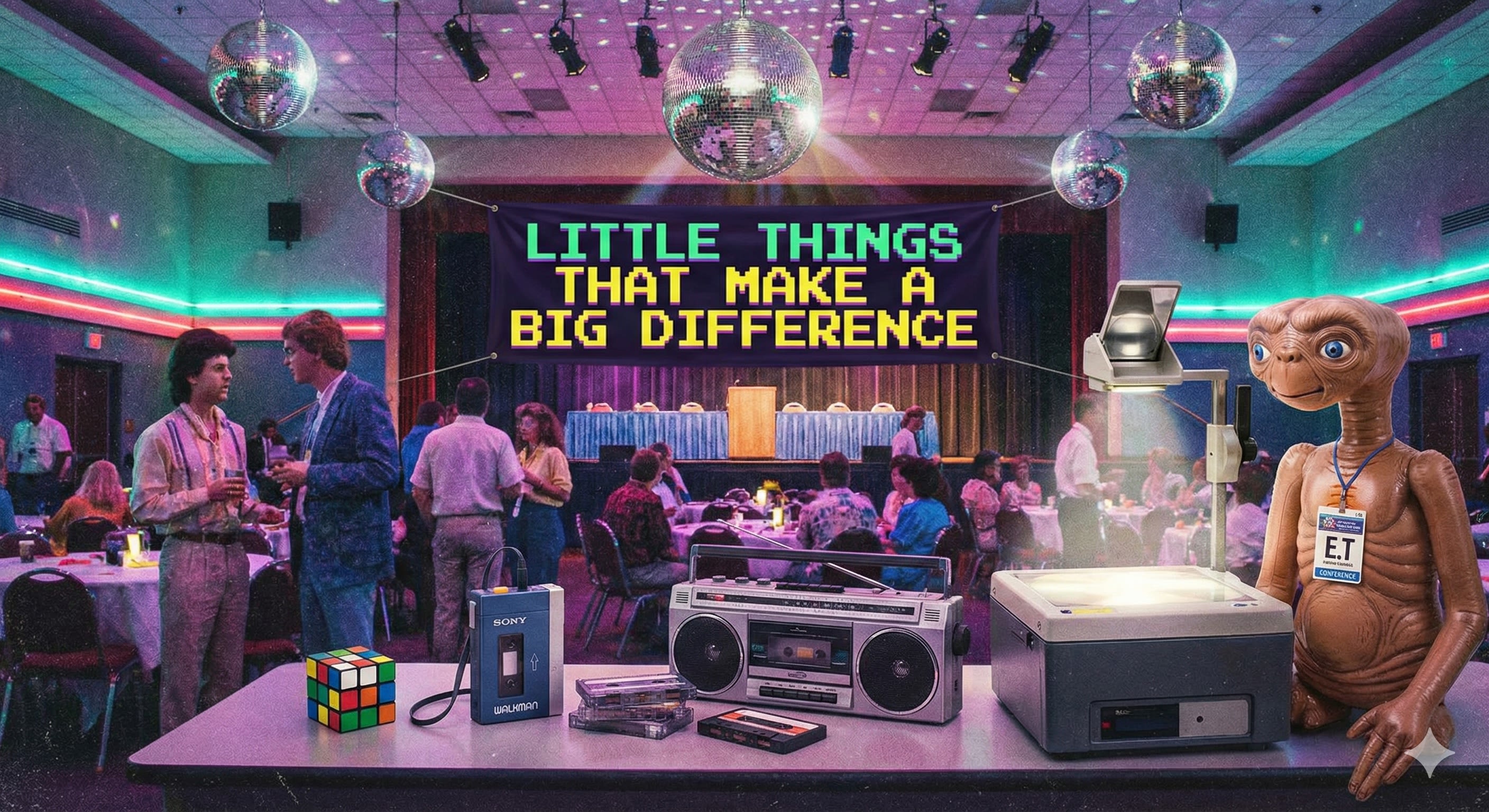


Call for papers
The call for papers is now open. Please submit your ideas for a workshop or presentation before 5pm on Friday the 6th of March.
Registration
All tickets grant the holder access to the main conference and the conference dinner. They also are required to access the pre-conference workshops the day before (no extra charge).
Registration is now open!

EARLY BIRD RATE
£150
conference & dinner
Available from 15th February until 6th March 2026

STANDARD/CORPORATE RATE
£200
conference & dinner
Available from 15th February to the 30th March

LAST MINUTE
£300
conference & dinner
Available from the 1st to the 7th of April - if there are any places left!
Pre-conference workshops
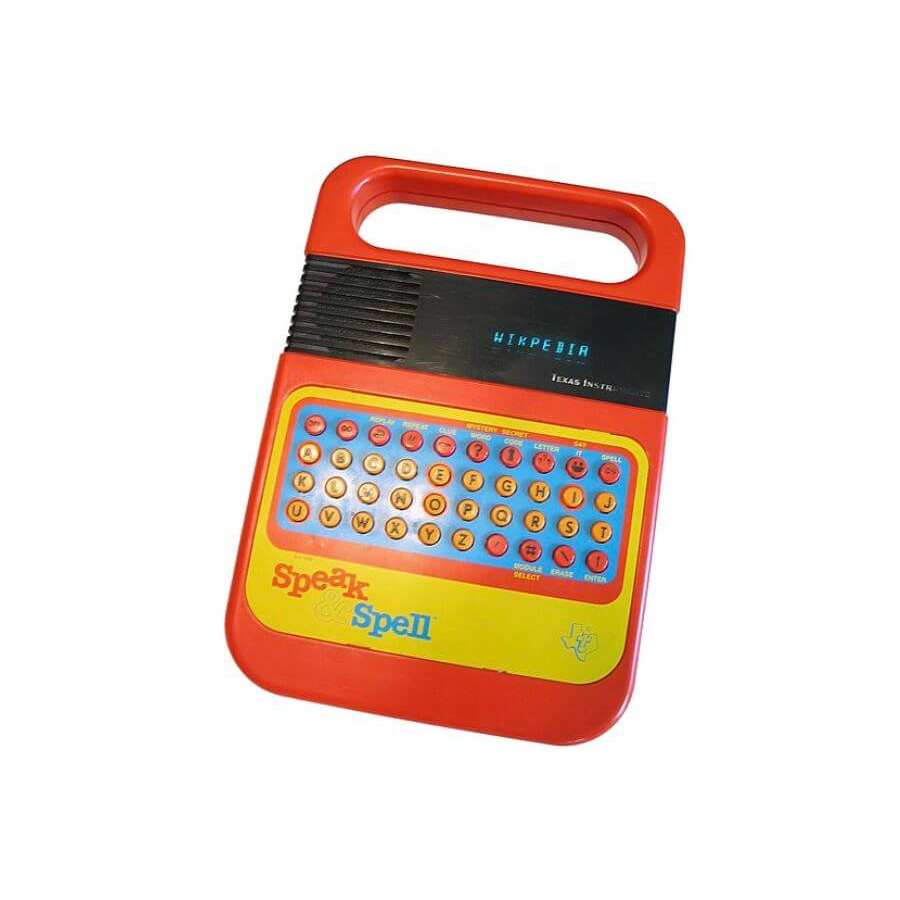
1. Grade smarter (Blackboard)
Explore the new gradebook experience and get a first look at upcoming enhancements shaping the future of assessment.
This pre‑conference session blends presentation with interactive elements, giving participants opportunities to discuss redesigned workflows, review planned improvements, and share perspectives on evolving assessment needs.
We’ll highlight changes that support more intuitive grading, greater transparency, and more flexible assessment practices. Join us to see what’s coming next—and to help shape tools that better support teaching, learning, and meaningful evaluation.
This session will be led by staff from Blackboard

2. Course catalog(ue)
Durham's own Julie Usher will be leading a session for users of TDM/Course Catalogue (and those just wanting to know more).
In the session, Julie will be inviting colleagues to share their experiences, as well as exploring some of the approaches that are in development at Durham. We’ll be discussing practical workflows for administration of courses and users, reporting, payment options and more.

3. Turnitin
This session will be led by Glenn Thomas from Turnitin
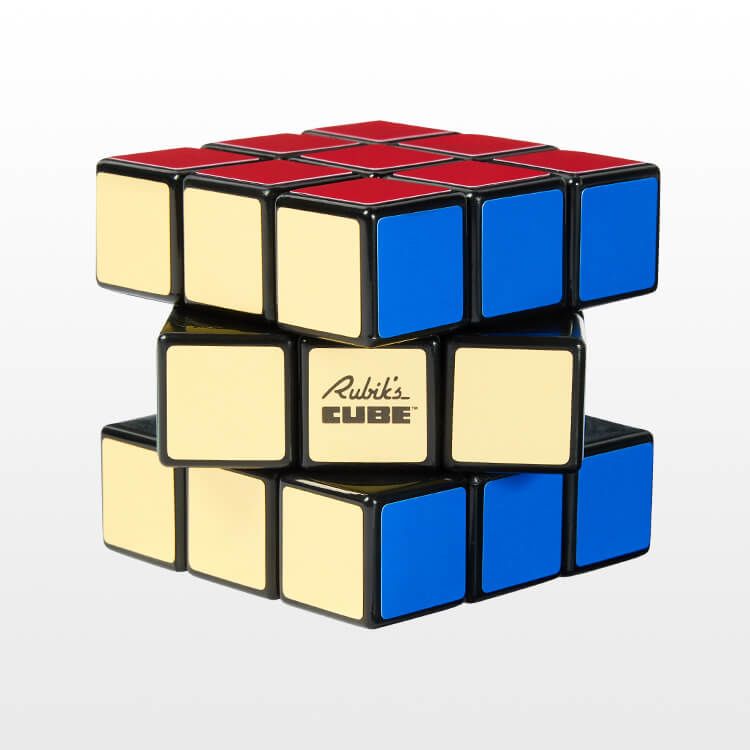
4. From Assessment to Improvement (Blackboard)
Continuous improvement is not a reporting exercise, it is a connected institutional strategy.
This interactive pre-conference workshop introduces Outcomes for Blackboard LMS, providing a practical framework for aligning course-level learning activities with program and institutional outcomes. Participants will explore how institutions can move from collecting assessment data in the Blackboard LMS to demonstrating evidence of student achievement, closing the loop, and strengthening accreditation narratives. Through guided demos, hands-on activities, and collaborative discussion, attendees will leave with a clearer understanding of governance considerations, data structures, and readiness steps needed to implement a connected outcomes ecosystem across the institution supporting institutional effectiveness and continuous improvement.
This session will be led by staff from Blackboard.

5. PebblePad
This session will be led by Jo Spencer from PebblePad.
2026 sponsors
As part of our efforts to keep costs down, we don't tie you to a particular hotel. The button provides links to accommodation providers in the city.
If you have any other questions about the conference, try our frequently asked questions page:
This conference is organised by:
Digital Education Team
Durham Centre for Academic Development
part of Durham University.
